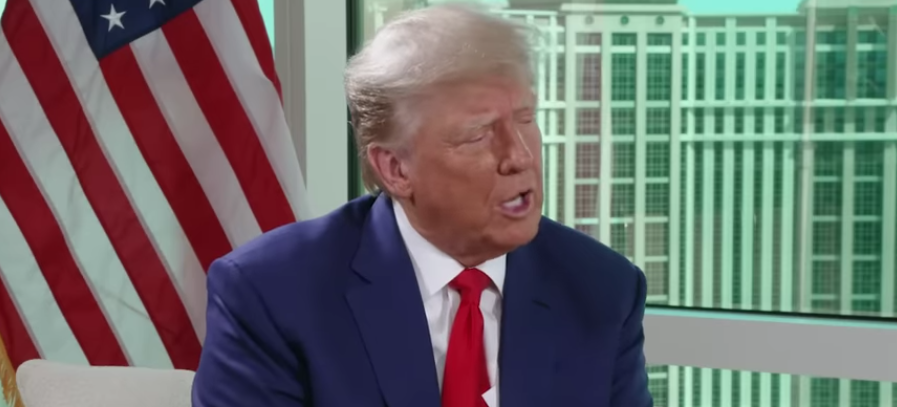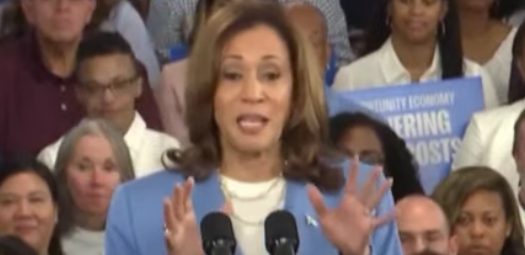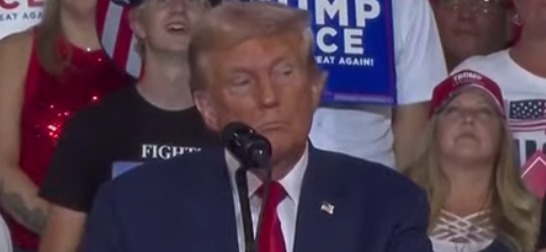Opinion | The author's opinion does not necessarily reflect Sarah Palin's view.
The U.S. Supreme Court upheld a 2017 tax law signed by former President Donald Trump in a 7-2 decision, rejecting a challenge from Kathleen and Charles Moore.
The law imposed a one-time Mandatory Repatriation Tax (MRT) on shareholders with a 10% stake in foreign companies, irrespective of profit receipt.
“The MRT—which attributes the realized and undistributed income of an American-controlled foreign corporation to the entity’s American shareholders, and then taxes the American shareholders on their portions of that income—does not exceed Congress’s constitutional authority,” the majority stated.
Justice Brett Kavanaugh emphasized the narrow scope of the ruling, concerning taxation of undistributed income attributed to shareholders in specific scenarios.
The decision drew criticism from liberals like Sen. Elizabeth Warren, who saw implications for taxing unrealized gains, contrary to Kavanaugh’s clarification.
The majority opinion applies “(i) taxation of the shareholders of an entity, (ii) on the undistributed income realized by the entity, (iii) which has been attributed to the shareholders, (iv) when the entity itself has not been taxed on that income,” Kavanaugh wrote.
“In other words, our holding applies when Congress treats the entity as a pass-through,” he added.
“Right-wing billionaires hoped an obscure legal case would blow up the tax code to avoid paying what they owe, but this effort failed at the Supreme Court. The fight goes on to tax the rich, pass a wealth tax on ultra-millionaires and billionaires, and make the system more fair,” Warren wrote online.
Kavanaugh noted that “nothing in this opinion should be read to authorize any hypothetical congressional effort to tax both an entity and its shareholders or partners on the same undistributed income realized by the entity.”
Conservative dissenters, including Justices Gorsuch and Thomas, criticized the majority for potentially broadening tax authority beyond constitutional limits.
The majority upheld the tax “only by ignoring the question presented,” Thomas stated. They “should not have hesitated” to say that “Sixteenth Amendment ‘income’ is only realized income.”
“Even as the majority admits to reasoning from fiscal consequences, it apparently believes that a generous application of dicta will guard against unconstitutional taxes in the future,” Thomas wrote. “The majority’s analysis begins with a list of nonexistent taxes that the Court does not today bless, including a wealth tax.”
“But, if the Court is not willing to uphold limitations on the taxing power in expensive cases, cheap dicta will make no difference,” he added.









